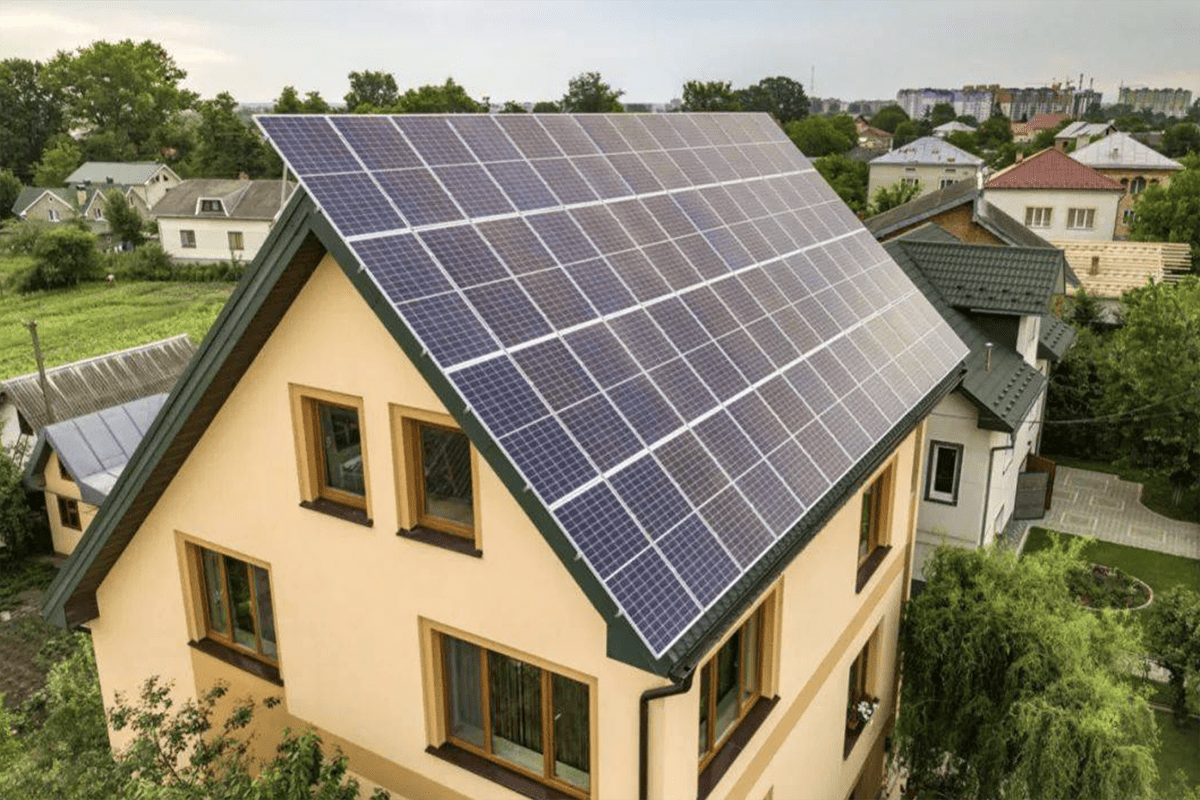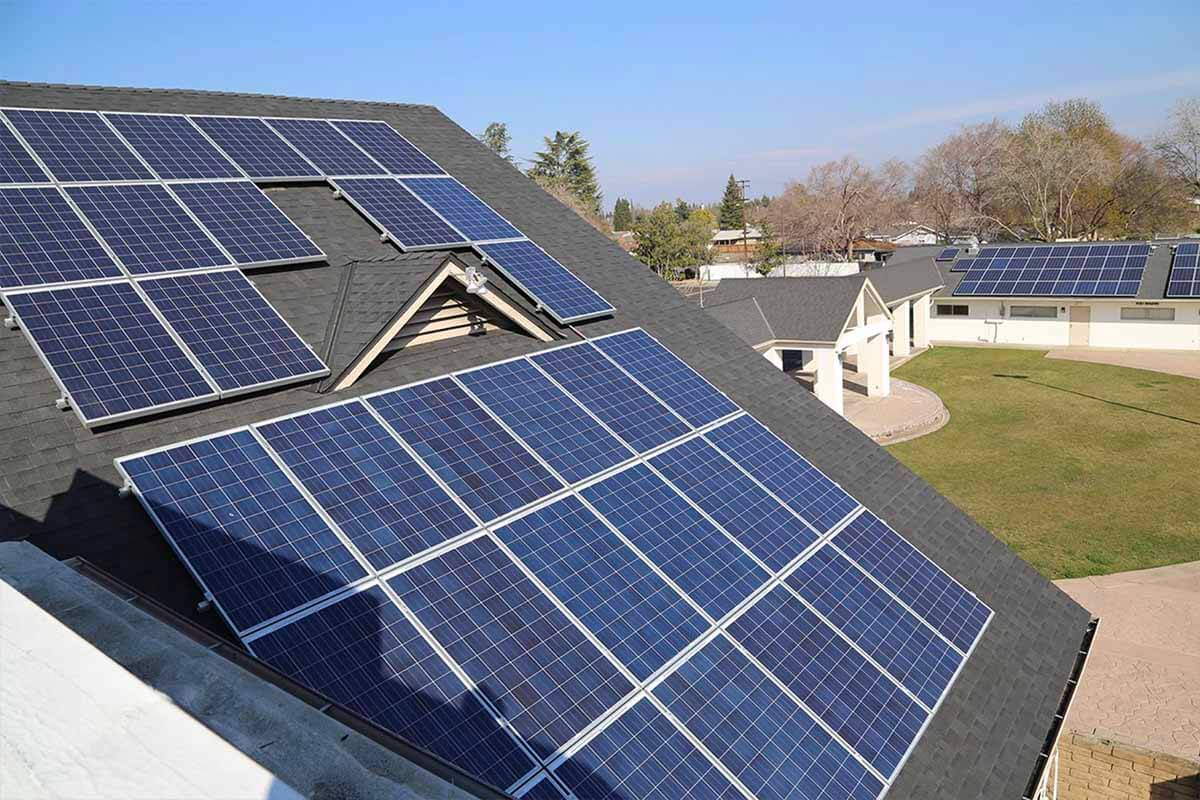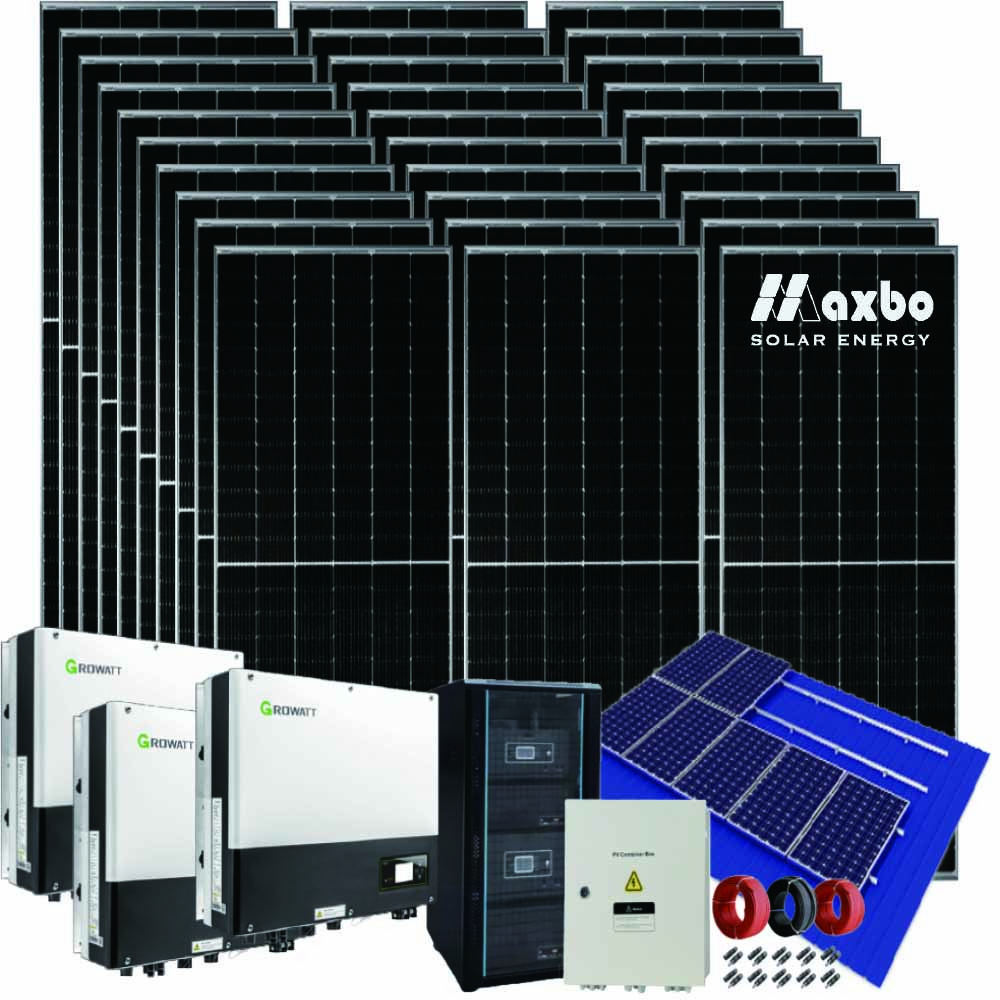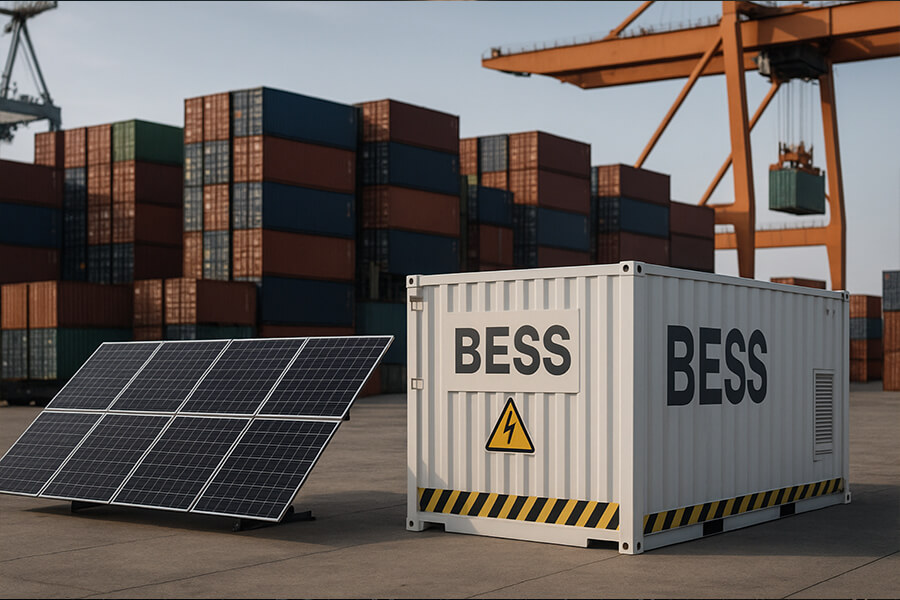MaxboSolar, a trusted brand in the solar industry, offers a range of DIY home solar power systems designed to empower homeowners with clean, sustainable energy. In this comprehensive guide, we will explore the benefits of DIY off-grid solar systems, introduce MaxboSolar’s innovative product line, and provide insights into choosing the right system for your specific needs.
Understanding DIY Off-Grid Solar Systems:
The Basics:
DIY off-grid solar systems are designed for individuals who want to take control of their energy production and reduce dependence on traditional grid power. Unlike on-grid systems that are connected to the utility grid, off-grid systems operate independently, storing excess energy in batteries for use during periods of low sunlight or at night.
Key Components:
- Solar Panels: The heart of any solar system, solar panels capture sunlight and convert it into direct current (DC) electricity. MaxboSolar’s panels are renowned for their efficiency and durability.
- Charge Controller: The charge controller regulates the voltage and current from the solar panels to prevent overcharging and optimize battery performance.
- Battery Bank: Energy generated by the solar panels is stored in a battery bank for later use, providing a continuous power supply even when the sun is not shining.
- Inverter: The inverter converts DC electricity from the batteries into alternating current (AC) electricity, which is the standard form of electricity used in homes.
- Backup Generator (Optional): For added resilience, some off-grid systems may include a backup generator to provide power during extended periods of low sunlight.
Advantages of DIY Off-Grid Solar Systems:
- Energy Independence: Off-grid systems free homeowners from reliance on traditional power grids, making them self-sufficient and immune to grid outages.
- Reduced Energy Costs: By harnessing solar energy, homeowners can significantly reduce or eliminate their electricity bills, leading to long-term cost savings.
- Environmental Impact: Off-grid solar systems contribute to a lower carbon footprint, as solar energy is a clean and renewable resource, reducing the reliance on fossil fuels.

MaxboSolar’s DIY Home Solar Power Systems:
Product Range:
MaxboSolar offers a diverse range of DIY home solar power systems to cater to various needs and preferences. The product line includes:
- 9.9kW, 10kW, 11kW, 12kW, 13kW, 15kW, 20kW Systems: MaxboSolar’s array of systems covers a wide range of power capacities, ensuring that there’s an ideal solution for every home, regardless of size or energy requirements.
- Off-Grid, On-Grid, Hybrid Systems: Whether you prefer complete independence with an off-grid system, want to take advantage of grid connectivity with an on-grid system, or seek the best of both worlds with a hybrid system, MaxboSolar has you covered.
Applications:
MaxboSolar’s DIY home solar power systems are versatile and can be applied to various settings, including:
- For Pool: Harness solar energy to power pool pumps and equipment, reducing operating costs and environmental impact.
- For Balcony: Compact solar solutions for apartment dwellers or those with limited roof space, providing clean energy for everyday use.
- For Shed: Empower your outdoor workspace with an independent power source for tools, lighting, and more.
- For Garage: Transform your garage into an energy-efficient space, supporting electric tools and charging stations.
- For Carport: Integrate solar panels into your carport structure, providing shade for vehicles while generating clean energy.

Choosing the Right DIY Solar System:
Considerations:
- Energy Needs: Assess your household’s energy needs to determine the appropriate system size. MaxboSolar’s range of capacities ensures a tailored solution for every user.
- Location and Sunlight: Consider the amount of sunlight your location receives throughout the year. This information helps optimize the efficiency of your solar panels.
- Budget: Evaluate your budget for the solar project. MaxboSolar’s range allows flexibility, accommodating various budget constraints.
- Space Availability: Assess the available space on your property for installing solar panels. Different systems suit different space requirements.
Installation and Maintenance:
- DIY Installation: MaxboSolar’s DIY approach empowers homeowners to install their solar systems, saving on installation costs. Clear instructions and support make the process accessible for individuals with basic technical skills.
- Professional Support: While designed for DIY installation, MaxboSolar offers professional support services for those who prefer assistance or encounter challenges during the installation process.
- Regular Maintenance: Solar systems require minimal maintenance. Regular cleaning of solar panels and occasional checks of system components ensure optimal performance.
Conclusion:
MaxboSolar’s DIY off-grid solar systems represent a revolutionary step toward sustainable, cost-effective energy solutions for homeowners. From reducing energy bills to embracing environmental responsibility, the benefits are vast. Whether you’re looking to power your pool, shed, balcony, or even an entire household, MaxboSolar’s diverse product range ensures there’s a perfect fit for your needs. Embrace the sun, reduce your carbon footprint, and take control of your energy future with MaxboSolar’s cutting-edge DIY home solar power systems.





